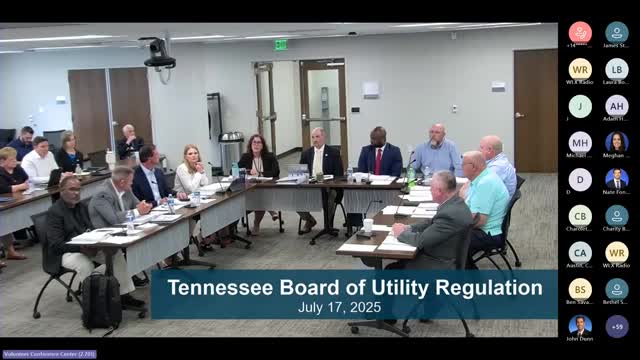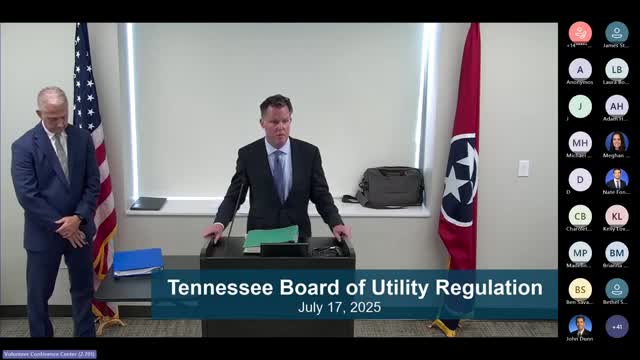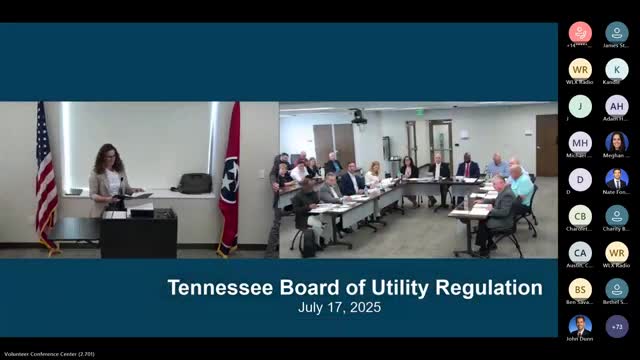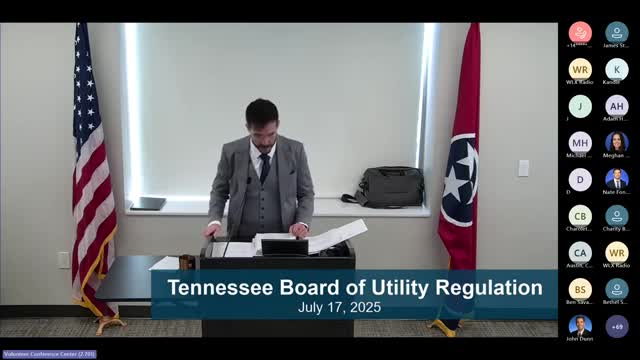Article not found
This article is no longer available. But don't worry—we've gathered other articles that discuss the same topic.

Board moves to contested hearing after comptroller investigation finds governance failures at Sevier County utility

State board orders training fixes, warns of pay recovery after staff finds officials fast-tracked mandatory courses

Board tells Leoma Utility to catch up on audits and plans before merger negotiations proceed

